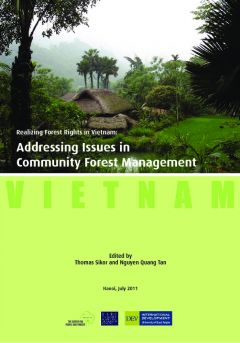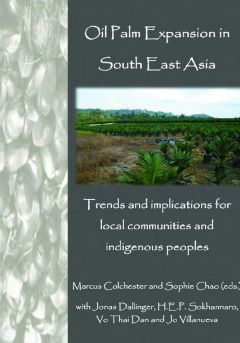Overview of Forest Law Enforcement, Governance and Trade - Baseline Study 4 - Myanmar
Table of Contents:-
1. EXECUTIVE SUMMARY AND MAJOR FINDINGS …
2. HISTORICAL OVERVIEW ...
3. NATIONAL FOREST STRATEGY, POLICIES AND REGULATIONS:
3.1 The Myanmar Selection System and Annual Allowable Cut;
3.2 Forest Law and Policy ;
3.3 Forest Land Categories;
3.4 Community Forestry;
3.5 Impact of Forest Law Enforcement on Local People...
4. DEMAND: DOMESTIC DEMAND AND WOOD EXPORTS:
4.1 Domestic Demand ;
4.2 Exports ...
5. TIMBER SUPPLY: DOMESTIC PRODUCTION AND WOOD IMPORTS:
5.1 Domestic Wood Production;







